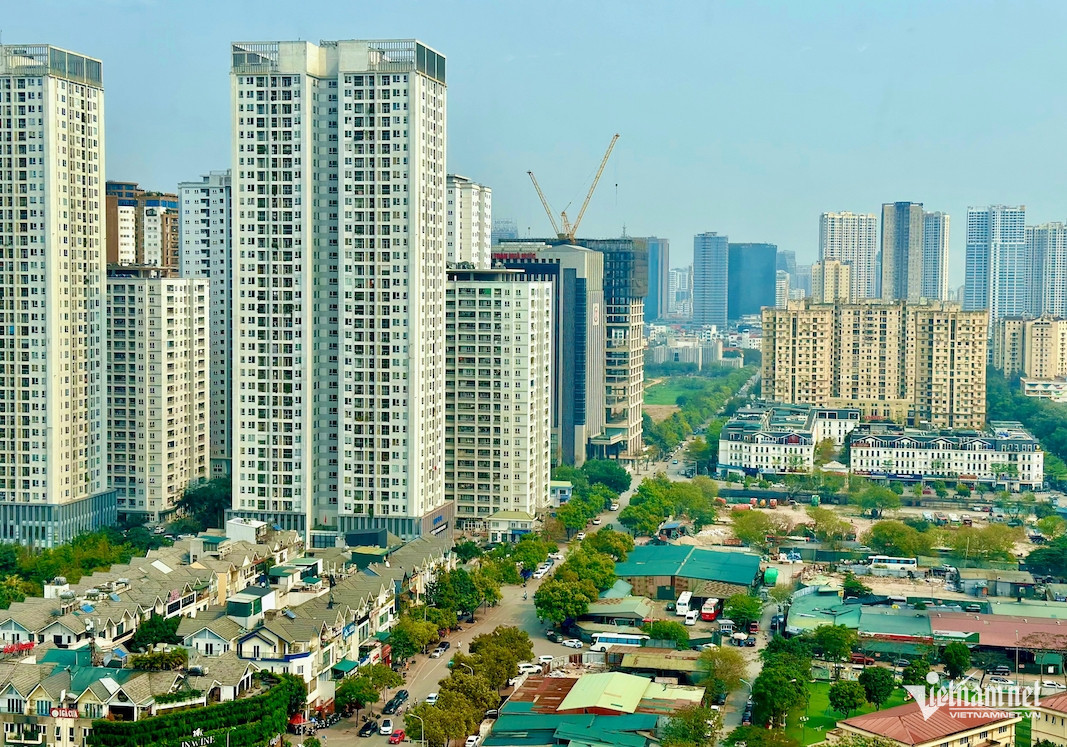
Vietnam's Ministry of Natural Resources and Environment and Ministry of Finance have been tasked with building a detailed database of land prices for each individual plot, based on standardized value zones and benchmark parcels.
The goal is to move toward applying a single, official land price as the foundation for implementing real estate tax policies.
This directive was included in a recent official statement by Deputy Prime Minister Tran Hong Ha, following a meeting on the current state of the real estate market.
Despite signs of recovery, Deputy PM Ha noted that Vietnam’s property market still faces structural issues. Supply remains insufficient, especially for mid-range and social housing products. Urban housing prices continue to outpace the average citizen's income, limiting access to affordable homes.
Price manipulation and speculation are still common, pushing land values to artificially high levels. To promote a healthy and sustainable property market that meets housing needs, Deputy PM Ha instructed relevant ministries - including the Ministry of Construction, Ministry of Finance, Ministry of Natural Resources and Environment, and the State Bank of Vietnam (SBV) - to urgently review overlapping and transitional legal provisions and propose amendments that ensure transparency and clarity.
To combat speculation and inflated land prices, the Ministry of Natural Resources and Environment will coordinate with the Ministry of Finance to review land regulations - especially administrative procedures and pricing methods - and assign qualified public service units to provide valuation services when independent pricing consultants are unavailable. A revised decree is expected to be submitted by June.
The two ministries are also responsible for completing the land price database down to individual plots, based on value zones and standardized parcels. This unified pricing model is intended to ensure transparency and equity, laying the foundation for property tax policy and discouraging speculative behavior.
Deputy PM Ha also instructed the SBV to collaborate with the Ministry of Construction, Ministry of Public Security, and other relevant agencies to assess bad debt related to real estate and propose solutions to safeguard the banking system.
Furthermore, the SBV is asked to explore expanding access to preferential credit for both investors and citizens participating in social housing programs.
The Ministry of Finance, in coordination with the Ministry of Construction and SBV, will also study taxation on idle land and delayed real estate or housing projects, while avoiding overlapping tax measures.
For completed resettlement housing and commercial housing projects that remain unused, local governments are to conduct reviews and submit proposals to convert these into social housing.
Hong Khanh